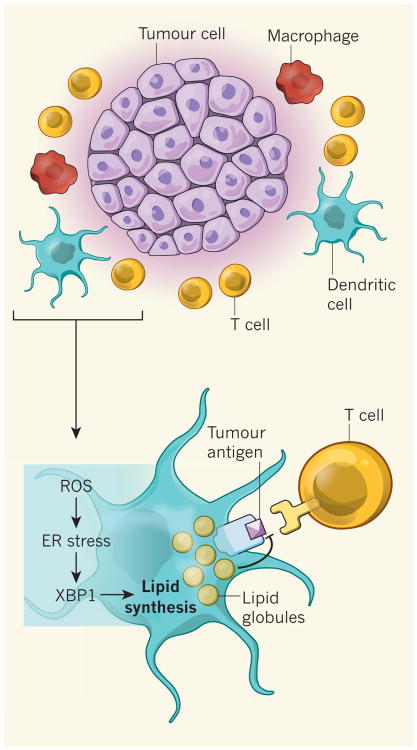Figure 1. XBP1 activation inhibits presentation of tumour antigens.
Antitumour immune responses rely on dendritic cells (DCs) to present molecular structures (antigens) from tumour cells to T cells, which can then kill the antigen-bearing tumour cells. Cubillos-Ruiz et al.1 show that damaging molecules called reactive oxygen species (ROS), which are produced in tumour-associated DCs, induce an endoplasmic reticulum (ER) stress response. The ER stress pathway leads to expression of the transcription factor XBP1, which induces lipid synthesis. The resulting accumulation of lipids in the DCs reduces their ability to present antigens and thus impairs antitumour T-cell responses. Macrophage cells may also contribute to the ER stress response.

